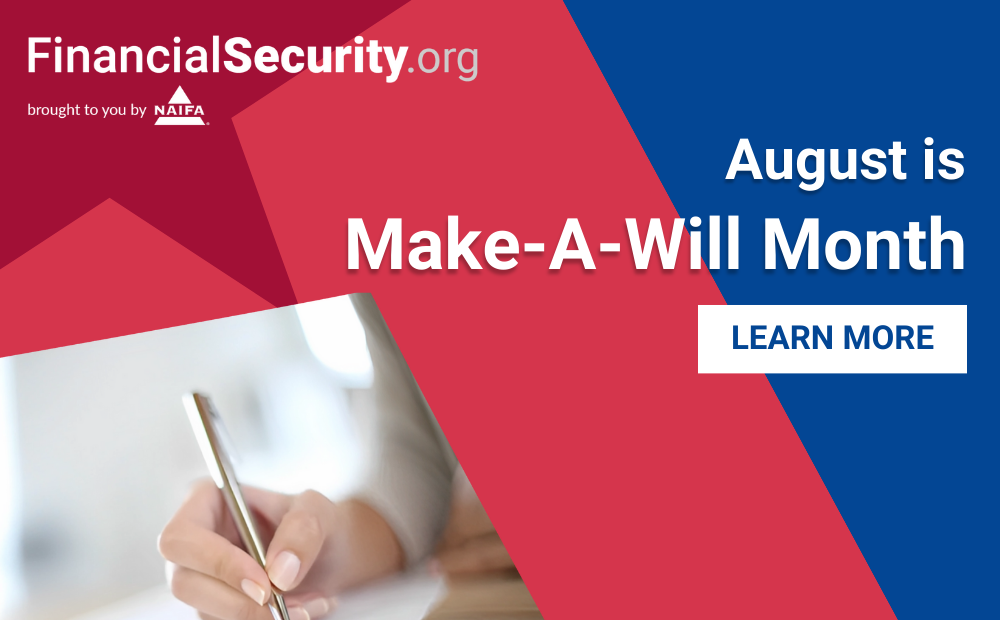Protecting yourself from financial fraud is crucial in today's digital age. Here are some steps you can take to reduce the risk of becoming a victim of financial fraud:
- Be Skeptical: Always be cautious when dealing with unsolicited communications, such as emails, phone calls, or text messages, especially if they request personal or financial information. Fraudsters may pose as legitimate institutions to gain your trust.
- Verify Identity: Before providing any personal information or financial details, verify the identity of the person or organization you are dealing with. Use official contact information from trusted sources, such as the official website or phone number listed on your statements.
- Protect Personal Information: Safeguard your personal information, such as Social Security numbers, bank account details, and passwords. Avoid sharing sensitive information over the phone or through email unless you initiated the contact and are sure of the recipient's identity.
- Use Strong Passwords: Create strong and unique passwords for your online accounts. Avoid using easily guessable information, such as your birthdate or name. Consider using a password manager to help keep track of your passwords securely.
- Enable Two-Factor Authentication (2FA): Whenever possible, enable two-factor authentication for your online accounts. This adds an extra layer of security by requiring a verification code in addition to your password.
- Regularly Monitor Accounts: Review your bank and credit card statements regularly for any unauthorized transactions. If you notice any suspicious activity, report it to your financial institution immediately.
- Keep Software Updated: Ensure that your computer, smartphone, and other devices have up-to-date antivirus and security software to protect against malware and viruses.
- Be Cautious with Public Wi-Fi: Avoid accessing sensitive financial information or making online transactions while using public Wi-Fi networks, as they may be less secure and more susceptible to hackers.
- Shred Important Documents: Shred or securely dispose of sensitive documents containing personal or financial information before discarding them.
- Educate Yourself: Stay informed about common types of financial fraud and scams. Knowledge is your best defense against falling victim to fraudulent schemes.
- Report Suspicious Activity: If you encounter any suspicious activity or believe you have been targeted by financial fraud, report it to your financial institution, the relevant authorities, or the Federal Trade Commission (FTC).
- Be Careful with Investments: Exercise caution when considering investments that promise unusually high returns or seem too good to be true. Always research the investment and seek advice from a qualified financial professional.
Remember that scammers are continually devising new tactics, so staying vigilant and cautious is essential. Trust your instincts, and if something feels off, take the time to verify and ensure your financial safety.
You can learn more about how to protect yourself from financial fraud here and find a licensed financial advisor using our one-of-a-kind Find An Advisor tool.









